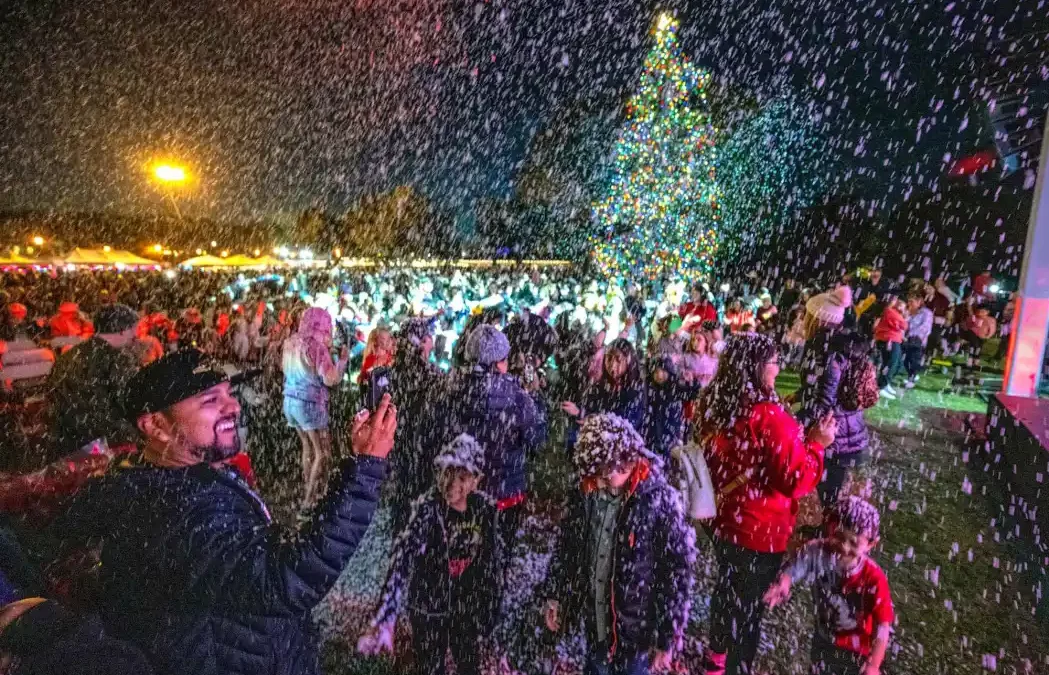This article was originally published by the Southern California News Group.
Politics increasingly divides Americans. In a free, diverse, and dynamic society like ours, strong philosophical disagreements should be expected. They can be a sign of healthy pluralism — but only if individuals with major ideological differences are able to maintain a shared cultural identity.
Fortunately, the winter holidays — and the traditions and rituals which characterize them — can be used to help reinforce that cultural identity and strengthen those connections, according to recent survey data.
The Harris Poll, in collaboration with the Human Flourishing Lab at the Archbridge Institute, asked just over 1,000 American adults a series of questions regarding how they think about and celebrate the winter holidays. We found that Americans with different political beliefs actually have a lot in common. This is cause for celebration because it offers a path for bridging divides in these polarized times.
Americans may increasingly live in bubbles, in which they mainly consume media and interact with others who share their political opinions, but they remain united about the winter holiday season — a period which begins with Thanksgiving and runs through end-of-year religious and cultural celebrations such as Christmas, Hanukkah, and Kwanzaa, culminating in the celebration of a new year.



